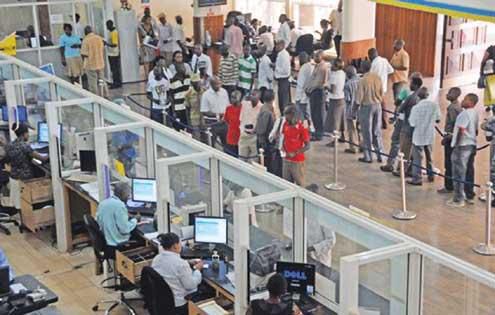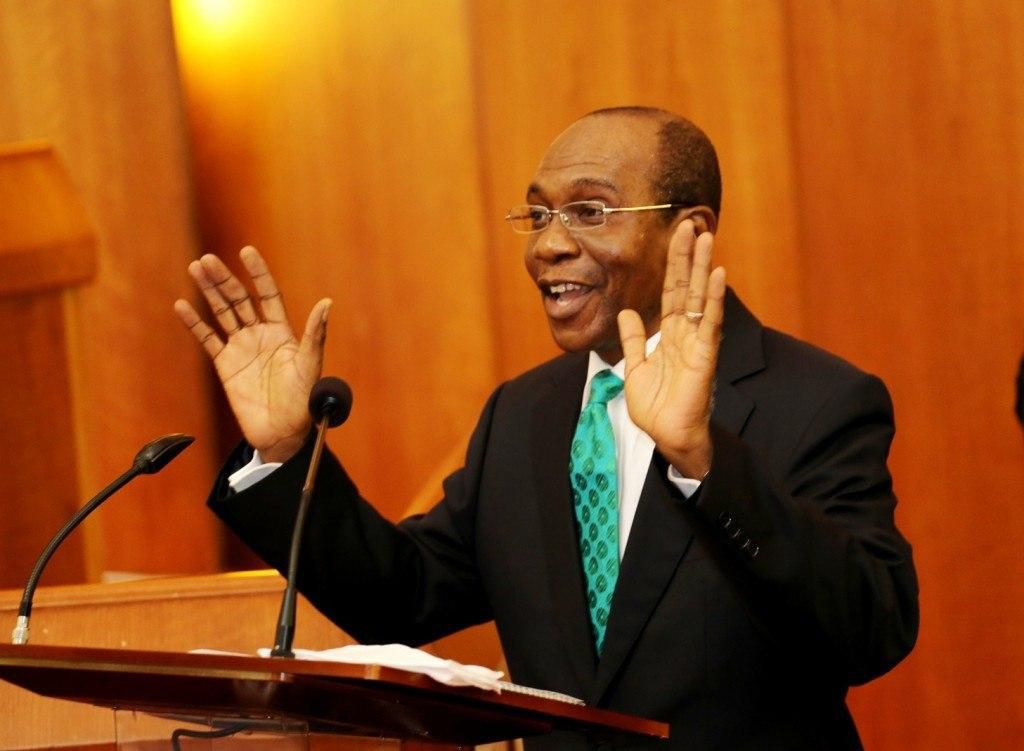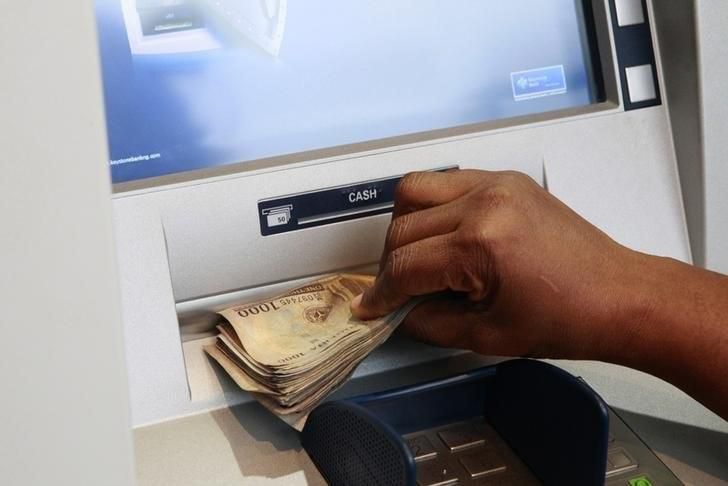Pulse Explainer: This is what the CBN's new deposit and withdrawal charges really mean
)
We break down the new CBN cashless policy initiative in an easy-to-understand manner.
In furtherance of the nation’s cashless policy initiative, the Central Bank of Nigeria (CBN) has reintroduced a measure that will ‘penalize’ depositors of cash who exceed a certain threshold.
On September 17, 2019, the CBN issued the following memo to all Deposit Money Banks (DMBs):
"Further to our circular ref BPS/DIR/GEN/CIR/04/004 we write to inform all Deposit Money Banks that the CBN has approved that:
“Charges on deposits shall apply in Lagos, Ogun, Kano, Abia, Anambra, Rivers states and the FCT, in addition to already existing charges on withdrawals, effective September 18, 2019.”
According to the policy, a 3 percent processing fee will be charged for withdrawals of amounts above N500,000 for individual accounts, while 2 percent will be charged for deposits.

For corporate accounts, a processing fee of 5 percent will be charged for withdrawals, and 3 percent for deposits of amounts above N3 million.
“Nationwide implementation of the cashless policy will take effect from March 31, 2020. Please ensure strict compliance,” the CBN announced.
What does all of this really mean in practical terms?
Financial analyst and economist, Yinka Ogunnubi, says the policy is not an entirely new one.
“The prelude to this new circular was actually one issued in April 2017, where the CBN suspended the new withdrawal and deposit charges nationwide but maintained only the withdrawal processing charges for Lagos, Ogun, Kano, Abia, Anambra, Rivers, FCT.”
So, what has changed? “Nothing much”, says Ogunnubi. “The only thing that has changed is the introduction of the processing fees for lodgments in the selected states. The processing fees for withdrawals remain the same.”
Essentially, to discourage people from carrying too much cash about, the CBN is saying you will be charged a percentage for depositing a certain amount of money. Note that this penalty does not apply to ONLINE transactions.

Ogunnubi breaks it down further. “For individuals, if you make a deposit of N1m cash in your account, the first N500k will be free but the remaining will be subject to a 2% charge. Meaning you'll be charged N10,000.
“For Corporates, if you make a deposit of N6m cash in your account, the first N3m will be free but the remaining N3m will be subject to a 3% charge. Meaning you'll be charged N90,000.00.”
In a nutshell, the government is trying to make you pay for depositing that much cash because ‘cash is expensive’ to process and transport, says Ogunnubi.
“Actually the CBN has been very patient on this subject. The cashless policy has been in effect since 2011. It started by the restriction of cash in transit lodgment by banks in Dec 2011 to 3rd party cheques above N150k no longer being eligible for withdrawal over the counter.
"In my opinion, the CBN has given sufficient time to to allow people to migrate to more efficient payments and collection channels. By the time the nationwide implementation takes place in March 2020, it will be at least 8 years of waiting for individuals and corporates to migrate.

“Cash is expensive. Go anywhere in the world, you are charged for deposits. It is punitive alright but it is to force you to use electronic means instead of cash. Apart from the high cost of collecting and processing cash, there is also the high risk of transporting them.
“What the processing charge is doing is merely transferring to you the cost of processing that cash that would have been borne by the bank. Many people think cash is free. It is not. It is actually very expensive to handle, collect, process and transport”, Ogunnubi explains.

![Aisha blows hot on Security forces; Y7ou won't believe what she said [VIDEO]](https://image.api.sportal365.com/process/smp-images-production/pulse.ng/17082024/1f976edf-1ee2-4644-8ba1-7b52359e1a8f?operations=autocrop(640:427))
)
)
)
![Lagos state Governor, Babajide Sanwo-Olu visited the Infectious Disease Hospital in Yaba where the Coronavirus index patient is being managed. [Twitter/@jidesanwoolu]](https://image.api.sportal365.com/process/smp-images-production/pulse.ng/16082024/377b73a6-190e-4c77-b687-ca4cb1ee7489?operations=autocrop(236:157))
)
)
)
)
)
)
)
)
)
)
)